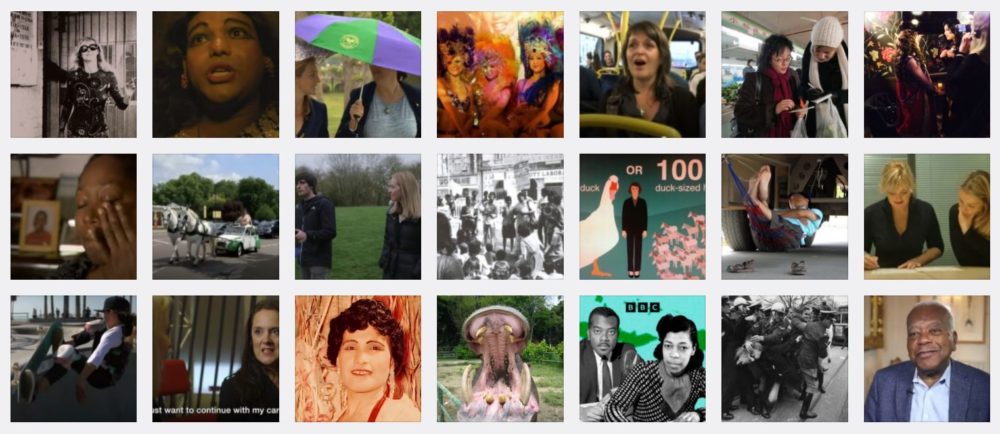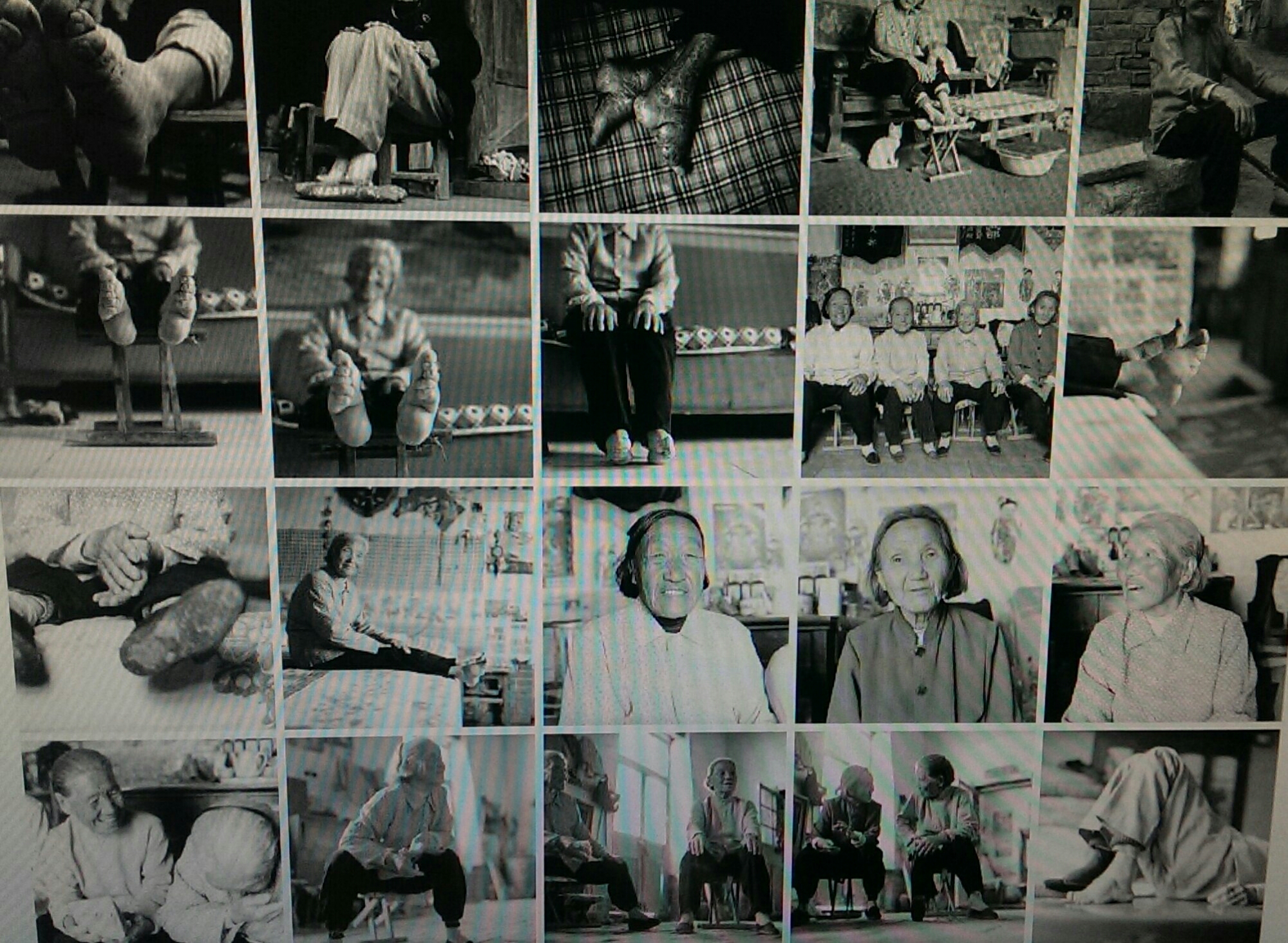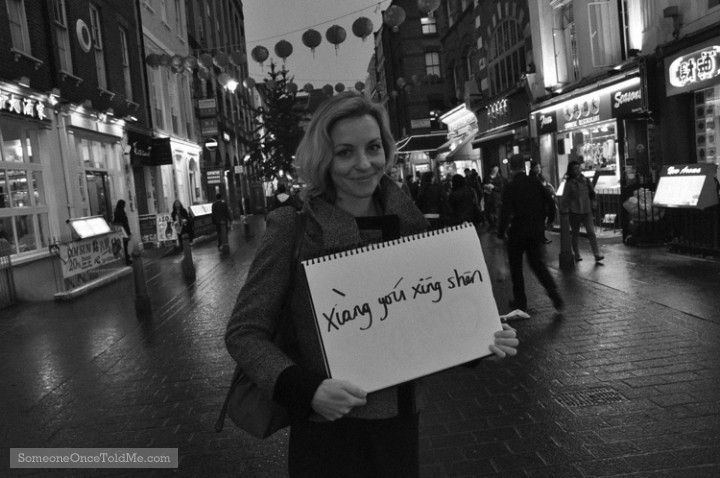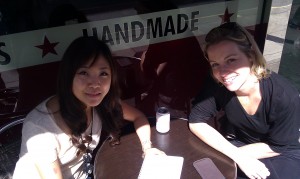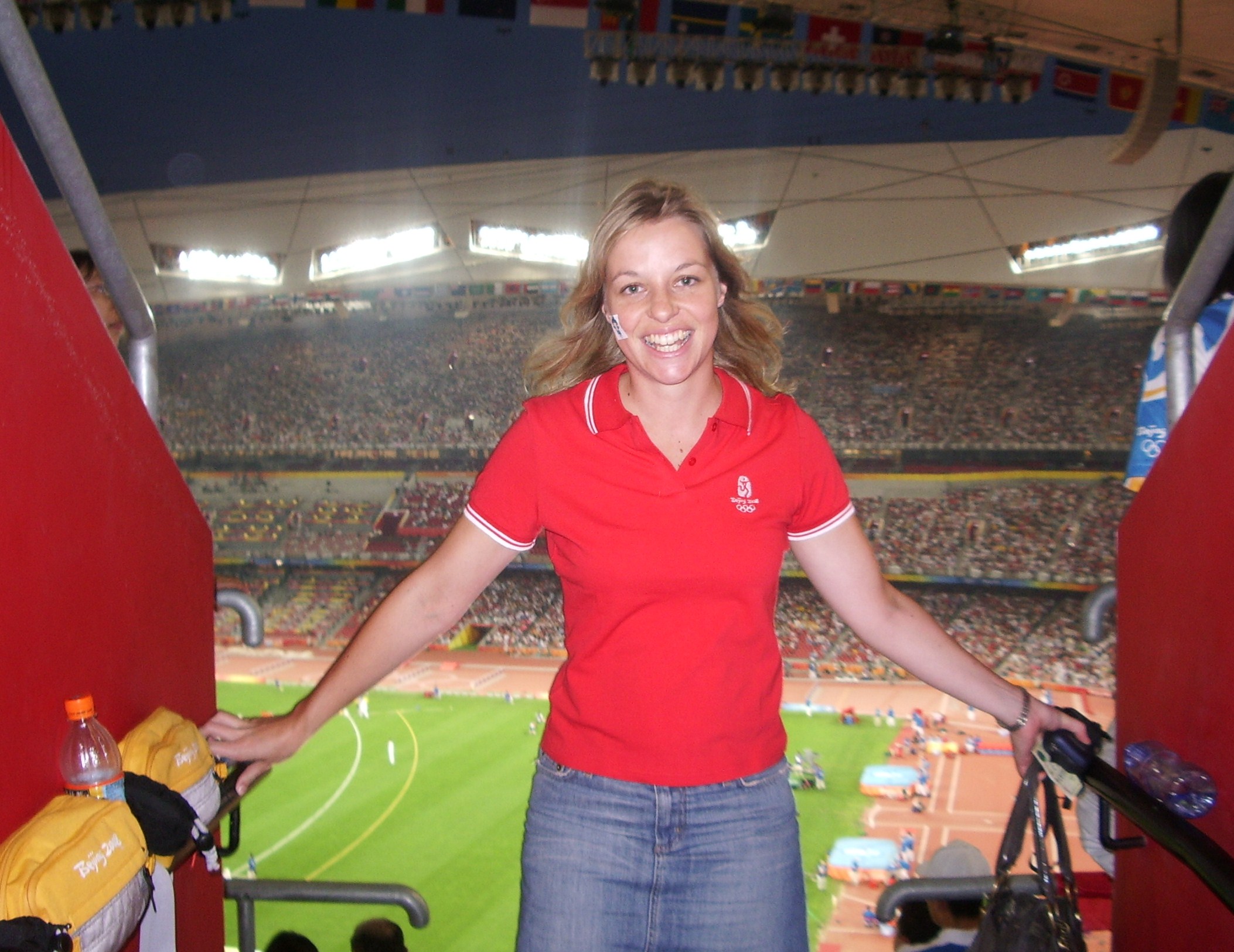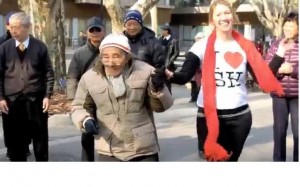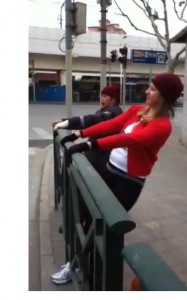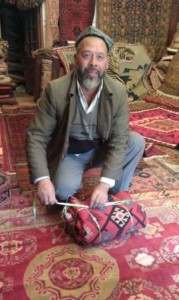- The expat ‘holiday lives’ kept under wraps
“Is that you when you were on holiday?” someone asked me last week at work when I let Shanghai out of the bag for a moment and discretely shared a picture of my life in China taken before I returned to London just under a year ago.
“No, that was my life,” I answered as I reflected on the image of me on my precious scooter I had had to leave behind.
In the picture I am happily coasting down the backstreets of Shanghai, taking in the sights of chickens being cooked alive by the roadside. It was an afternoon when washing was being maneuvered up high onto overhead telegraph cables, the gas man was doing his rounds cycling with a gas bottle on each side of his back wheel, a couple in pyjamas were chatting at a kiosk.
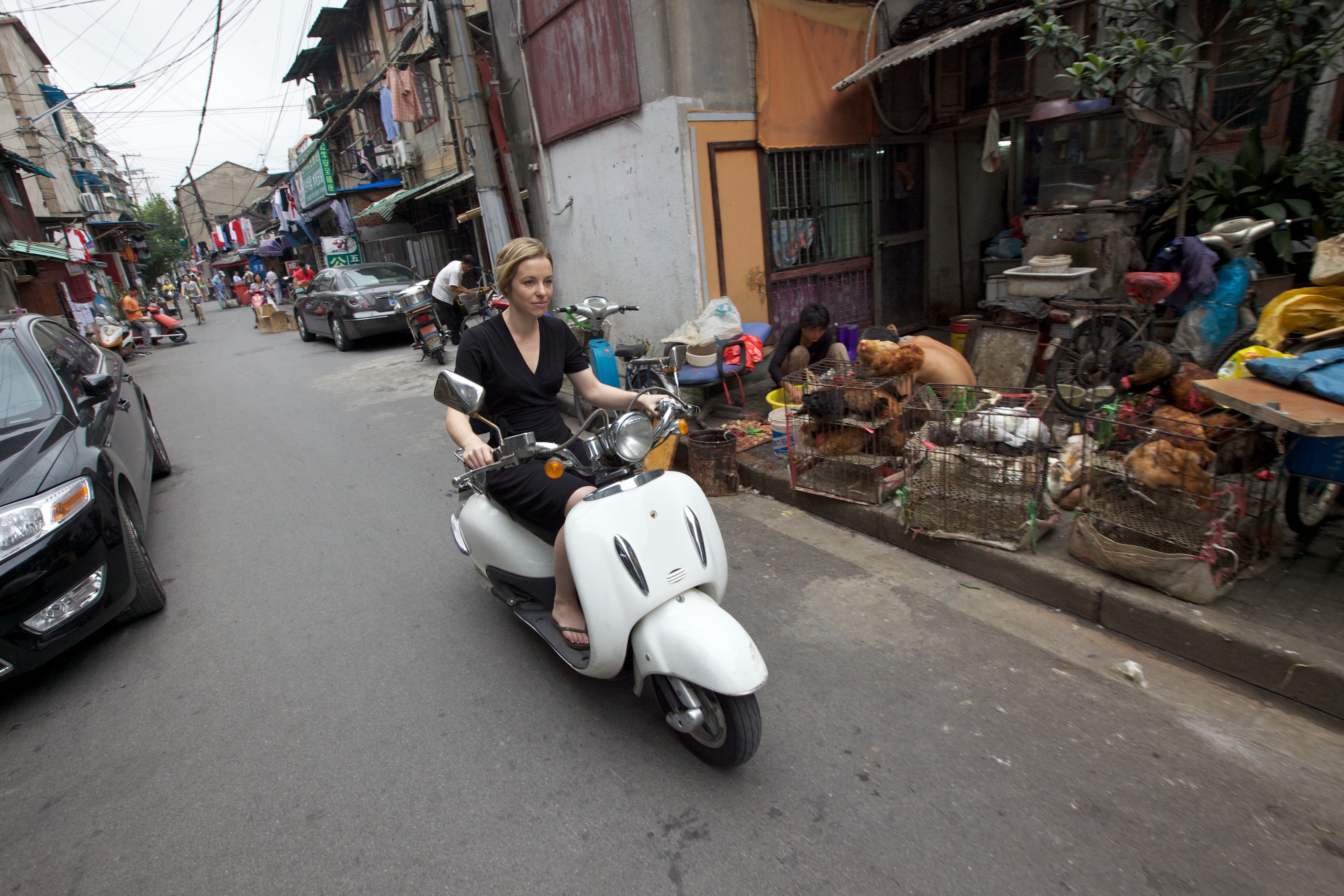
It was all so blissfully everyday to me. Not something to just write a postcard about or pack away in my suitcase with my souvenir chopsticks and suntan after two weeks.
It got me wondering how my friends in England can fully know me, without a grasp of the life I lived for four years.
The majority of new friends I’ve made since returning have a cursory understanding. Jo lived in China. She learnt Mandarin, or was it Cantonese?
But how often do ex-expats really let their life stories out of the bag? How often do they sit down and begin their tale, a la Karen Blixen’s, “I had a farm in Africa…”? Rarely, I would say.
Soon after returning to England, I was standing in a bar, in a circle of people comparing stories of eccentric behaviour they had recently witnessed. “A guy I sat behind at the cinema last weekend brought nachos in with him and ate them really loudly. Who does that?”, one girl said half-complaining, half relieved to have been exposed to such crazy shenanigans to bemoan in assemblies like this. Everyone laughed and shook their heads. Those crazy cinema-goers.
But she’d lost me. My mind had drifted back to a performance of Swan Lake I’d been to in Shanghai where the woman next to me was on her mobile phone the whole way through, describing in detail what was happening on stage to a friend at home.
I didn’t share my story. You have to ration your China. When I start a sentence “In China,” people’s eyes tend to glaze over. They’d much rather hear a funny anecdote from Cheltenham.
So when an expat friend visits London from Shanghai, it’s a chance to talk easily about our ‘holiday lives’. In the last month, three visitors have popped by regaling stories of international flights taken with emergency passports, TV shoots in remote parts of southern China, weekends wreck-diving in the Philippines – familiar currency.
With each of them, I have experienced things my friends at home would probably struggle to. But they will no doubt leave China one day and mothball their stories.
The stories will dwell in the Ngong Hills of the mind, only allowed out when in the company of other China expats or when we’re packed off mumbling to old people’s home.
“I had a flat in Shanghai, on the banks of Suzhou Creek,” I will tell a woman changing my bed pan one day as I busy myself applying lipstick to my eyebrows.
Josephine wrote a blog about her expat life for the Daily Telegraph for two years called Chelsea Girl in China.
